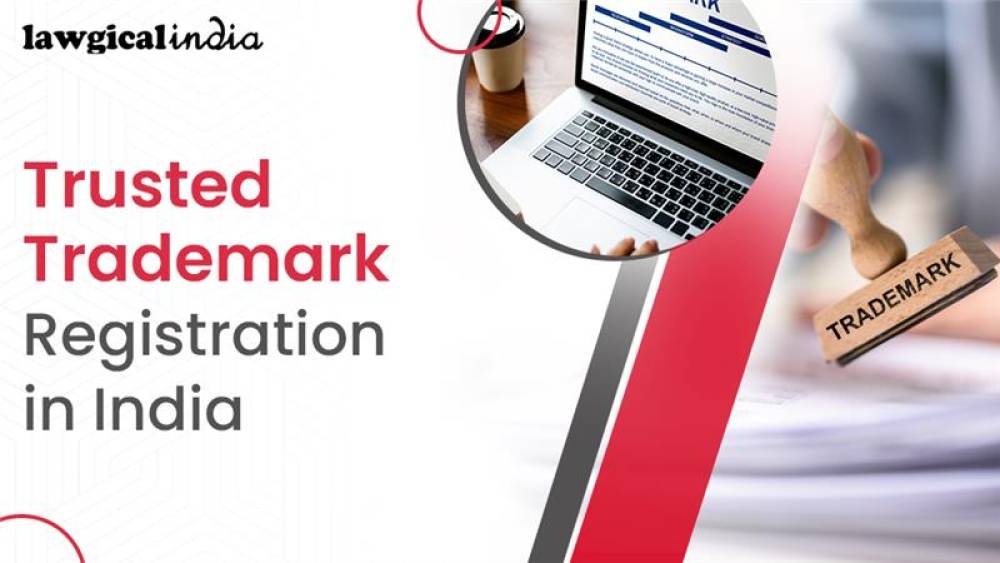GST on IT Sector
The impact of GST on the IT sector is superior. GST(Goods and Services Tax) supplies in December 2020 surpassed ₹1 lakh crore for the third successive month, indicating a persistent revival in business activity.
Moreover, the execution of the e-invoicing system in October 2020 also extended the numbers.
Formerly, India depended on an intricate indirect taxation system entailing numerous taxes and taxation systems, many compliance obligations, and tax cascading.
Nevertheless, the execution of GST helped in merging every tax. This aspect facilitated the assessment procedure and made accounting and compliance simpler.
This blog will shed light on gst for the It service sector and how it will impact India's IT sector.
The GST system will ensue in a more accessible tax regime, particularly for the IT sector.
Tax rates Under VAT/ Excise/Service Tax:
Per the previous tax regime, selling packaged software draws service tax and VAT.
The VAT rate is approximately 5% in many states, and the service tax rate is 15%. Excise duty is also appropriate for the manufacturing of IT products.
Instance: If the software is on a DVD, CD, or hard disk, then three taxes apply to it.
- VAT for sale and
- Excise duty for product manufacturing
- Service tax for giving service as software you can download several times.
Every complication and double taxation will not be there under GST service tax.
Impact of GST on the IT sector:
GST for IT services will bring 18% on software services given by software companies. The price of such services will boost under GST for merely software services.
Businesses:
Every business, small or large, is willing to obtain its ERPs and accounting systems following GST. This aspect will indicate a rise in infrastructure costs and variations in business systems.
Many huge companies have built teams comprising their finance experts, technical experts, and a professional from their GST software salesperson.
Obtain ITC:
- Although there is an increase in overhead costs and infrastructure for businesses, there is an excellent result in the ITC form.
- Traders selling goods (paying output VAT) could not assert service tax paid on AMCs for their software and computers. Under GST service tax, this ITC is accessible.
- For instance, Ajay trades fruit-based drinks worth 1,00,000 INR.
- He has to pay an AMC of. 10,000 INR per month on the computers utilized in his offices.
- Revamping business software IT service providers can also adapt their input taxes against the service given.
- For instance, they can regulate VAT paid on office supplies against their service.
- Additionally, IT companies preserving servers acquire significant capital expenses on purchasing the hardware and revenue expenses on repair and maintenance.
- At this time, the tax paid on hardware can be regulated against the tax paid on services and minute parts of repairs.
Sprucing up Business Software
- The considerable challenge in modifying the IT systems necessitates coordination between tax professionals and technology teams.
- In a few cases, a few of the ERP software given by the IT majors need to be updated and redesigned with the novel gst service tax rules.
- Companies are upgrading their accounting software and enterprise resource planning (ERP) to put up the intricacies of estimating GST.
- Either they must upgrade their present software to the new version or use particular GST software.
Taxability of Installing Novel ERP
- Businesses install their ERP and accounting systems in batches.
- For instance, ERP execution is carried out in batches.
- It is a long-term contract that works for years.
- ERP experts comprehend the requisites of the business, design the software, train the company employees and frequently maintain and update the software.
- Payment for this contract will be carried out over the years, and service tax was also charged for that reason.
- Under GST, this will be a continuous/systematic supply and will be taxed in view of that.
Sellers and Software Developers
There is competition for every fintech company to generate GST software. The impact of gst on these companies will be great by starting a large market pan India. Every company's demand for GST software will denote a great enhancement to these software developers.
Services export
- The export of information technology is a crucial source of foreign exchange, with India being a huge exporter of IT services. Additionally, exports are rated zero, and input taxes paid will be permitted as a refund.
- The standard rule for the service export is the service recipient's location if the recipient's address is accessible.
- Therefore, exporters should ensure that the service recipient's address can be depicted before the authorities on request.
- The characteristic IT/ ITES services which come under the default rule will be BPO operations, software consultancy, software development, etc. Besides that, this rule will also apply to other services, such as software maintenance/ support and intermediary services, as there are no exemptions under GST for the IT service sector.
Freelancers
Freelancers proffering software services like website designing, app development, etc., paid a service tax of 15%.
This has now amplified to 18% under GST. But, there is some misunderstanding about bloggers being assessable under GST and willing to register. Formerly, they were not payable under the service tax. We anticipate the GST Council will simplify this situation in the future.
Wrapping it up
Even though the GST rate for services has increased to 18%, the IT industry will acquire advantages from GST due to the rise in the sale of software.
Other factors, such as the accessibility of ITC, will decrease the operating costs, thus augmenting the overall productivity of the IT sector. Lawgical India will aid you in avoiding several difficulties. It will work flawlessly with your present software. Our experts will guide you thoroughly well. Contact us today.












No comments yet. Be the first to comment!